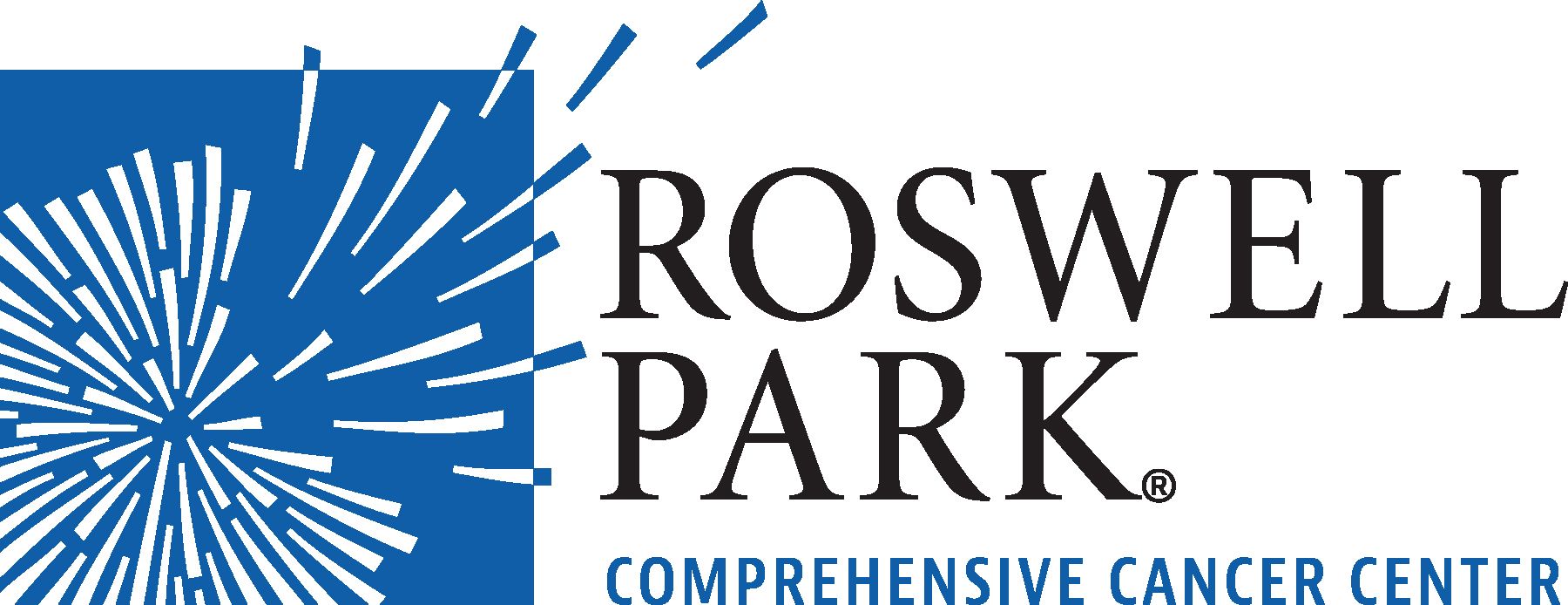
Dr. Mohler on Need for Genetic Counselors for Early Detection of Prostate Cancer

James L. Mohler, MD, discusses the need for genetic counselors in the detection and treatment of prostate cancer.
James L. Mohler, MD, professor of oncology, associate director, and senior vice president of Translational Research, chief of Inter-Institutional Academics at Roswell Park Comprehensive Cancer Center, discusses the need for genetic counselors in the detection and treatment of prostate cancer.
There are a lack of genetic counselors that could help the detection of early onset of prostate cancer. Genetic counselors are involved in the process of advising those affected by or at risk of genetic disorders to help them understand and adapt to the medical, psychological, and familial implications of genetic disease. Inherited mutations in particular genes, such as BRCA1 and BRCA2, are commonly found in patients with prostate cancer.
New certification programs and short courses to improve physicians’ knowledge on genetic counseling and pre-genetic testing are available. There is a need for urologists, radiation oncologists, and medical oncologists to be more knowledgeable on genetic counseling, as well as pre-genetic testing, in order to be up to date with the rapidly expanding database on prostate cancer, says Mohler.




































